Ni-Cd batteries have been a staple in various industries for decades. Their robustness and ability to perform under extreme conditions make them a reliable choice for many applications. But just how long do Ni-Cd battery packs last? In this article, we'll delve into their average lifespan, factors that influence their longevity, and tips on how to extend their life.
Ni-Cd batteries, or Nickel-Cadmium batteries, are rechargeable batteries made from nickel oxide hydroxide and metallic cadmium. They are commonly used in power tools, medical equipment, emergency lighting, and other high-drain applications due to their durability and reliability.
The average lifespan of a Ni-Cd battery pack typically ranges from 3 to 5 years. However, this can vary significantly based on usage patterns, charging practices, and environmental conditions. Compared to other battery types like Ni-MH and Li-ion, Ni-Cd batteries have a shorter lifespan but offer better performance under extreme conditions.
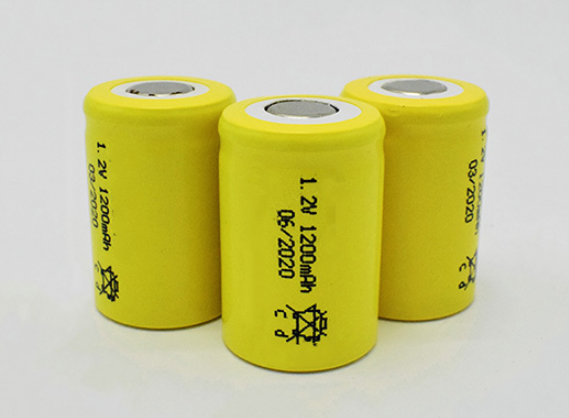
- Frequency of Use: Frequent use can lead to quicker degradation. However, regular use is better than infrequent, deep discharges.
- Depth of Discharge: Consistently discharging the battery fully can shorten its lifespan. Partial discharges are preferable.
- Overcharging: Leaving the battery on the charger for too long can overheat it, reducing its lifespan.
- Undercharging: Not charging the battery fully can also be detrimental. It's important to ensure a full charge cycle.
- Temperature: Extreme temperatures, both high and low, can adversely affect the battery's performance and longevity.
- Humidity: High humidity levels can cause corrosion and other damage to the battery components.
- Reduced Capacity: If the battery doesn't hold a charge as long as it used to, it's a sign of aging.
- Increased Self-Discharge: If the battery loses its charge quickly when not in use, it's deteriorating.
- Physical Signs: Swelling, leakage, or corrosion around the battery terminals are clear indicators of a bad battery.
Avoid overcharging by using smart chargers that automatically stop when the battery is fully charged. Try to avoid deep discharges whenever possible.
Store batteries in a cool, dry place. Avoid storing them in areas with high humidity or extreme temperatures.
Regularly clean the battery terminals to prevent corrosion. Occasionally fully discharge and recharge the battery to maintain its capacity.
The memory effect occurs when a Ni-Cd battery is repeatedly charged before being fully discharged, causing it to "remember" the shorter cycle and reducing its capacity.
Prevent the memory effect by occasionally allowing the battery to discharge fully before recharging. This helps maintain its full capacity.
Ni-MH batteries offer a longer lifespan and higher capacity than Ni-Cd batteries, but they are more sensitive to temperature extremes and have a higher self-discharge rate.
Li-ion batteries have an even longer lifespan and higher capacity than Ni-MH and Ni-Cd batteries. They are lighter and have no memory effect but are more expensive and require protection circuits to manage safety concerns.
- Advantages of Ni-Cd: Durable, performs well under extreme conditions, lower cost.
- Disadvantages of Ni-Cd: Shorter lifespan, memory effect, environmental concerns due to cadmium.
Power Tools: Ni-Cd batteries are commonly used in cordless power tools due to their ability to deliver high current and withstand rugged use.
Medical Equipment: In medical devices, reliability and performance under critical conditions make Ni-Cd batteries a preferred choice.
Emergency Lighting: Their ability to provide reliable power during outages makes Ni-Cd batteries ideal for emergency lighting systems.
Environmental Impact: Cadmium is a toxic heavy metal, making the disposal of Ni-Cd batteries environmentally hazardous.
Proper Disposal Methods: Always dispose of Ni-Cd batteries at designated recycling centers. Never throw them in regular trash.
Recycling Programs: Many manufacturers and retailers offer recycling programs for Ni-Cd batteries. Participate in these programs to ensure proper disposal and recycling.
In summary, the lifespan of Ni-Cd battery packs can vary based on several factors, but with proper care and maintenance, they can last from 3 to 5 years. Regular use, appropriate charging practices, and avoiding extreme environmental conditions are key to maximizing their longevity. Understanding these aspects will help you get the most out of your Ni-Cd batteries.
For more information on maintaining and purchasing Ni-Cd battery packs, feel free to [contact us](). We are a reliable supplier committed to providing high-quality battery solutions.
1. How can I tell if my Ni-Cd battery is failing?
Reduced capacity, increased self-discharge, and physical signs like swelling or corrosion indicate a failing battery.
2. Can I rejuvenate a dead Ni-Cd battery?
While some methods claim to rejuvenate Ni-Cd batteries, it's often more effective and safer to replace them with new ones.
3. What are the best practices for charging Ni-Cd batteries?
Use smart chargers, avoid overcharging and deep discharges, and occasionally let the battery discharge fully before recharging.
4. Are Ni-Cd batteries safe to use?
Yes, when used and disposed of properly, Ni-Cd batteries are safe. However, due to the cadmium content, they require careful handling and recycling.
5. Where can I buy replacement Ni-Cd battery packs?
You can purchase them from specialized battery suppliers, online retailers, or directly from manufacturers.

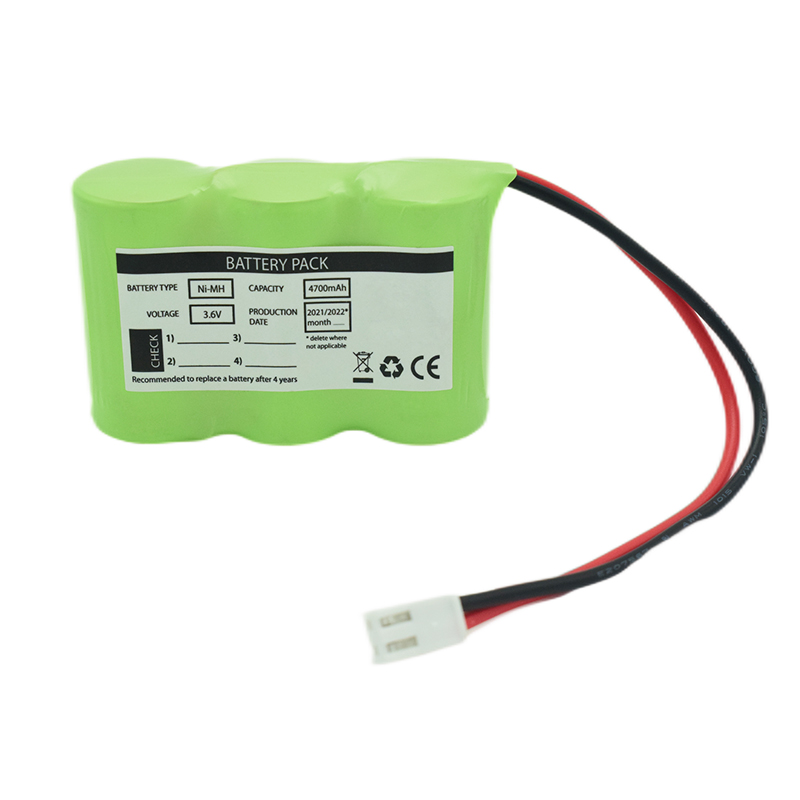 Ni-MH Battery C4700mAh 3.6V
Ni-MH Battery C4700mAh 3.6V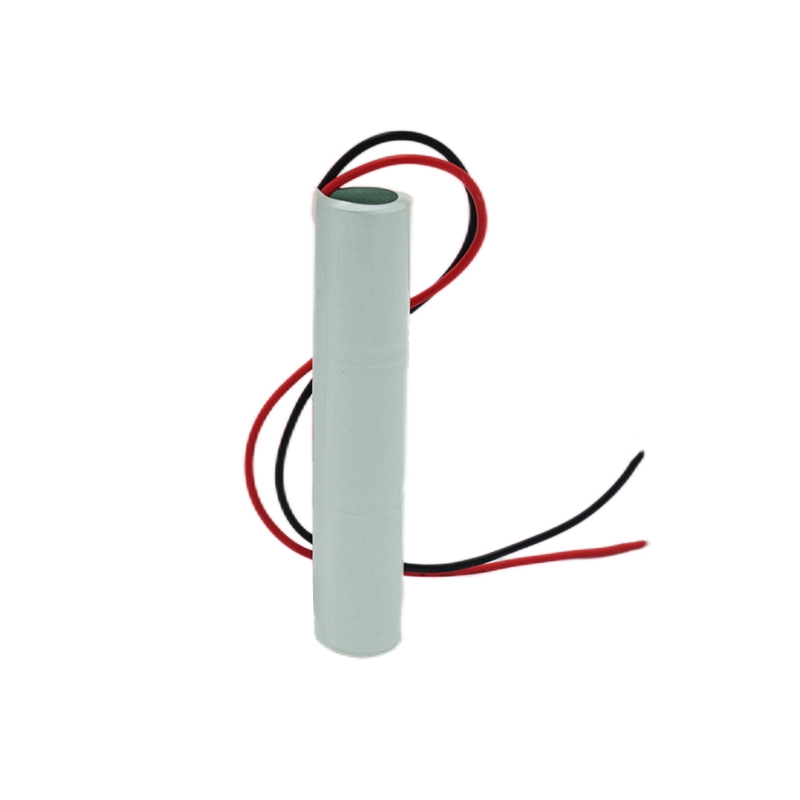 Nickel Cadmium Nicd Battery Pack SC1800mAh 3.6V
Nickel Cadmium Nicd Battery Pack SC1800mAh 3.6V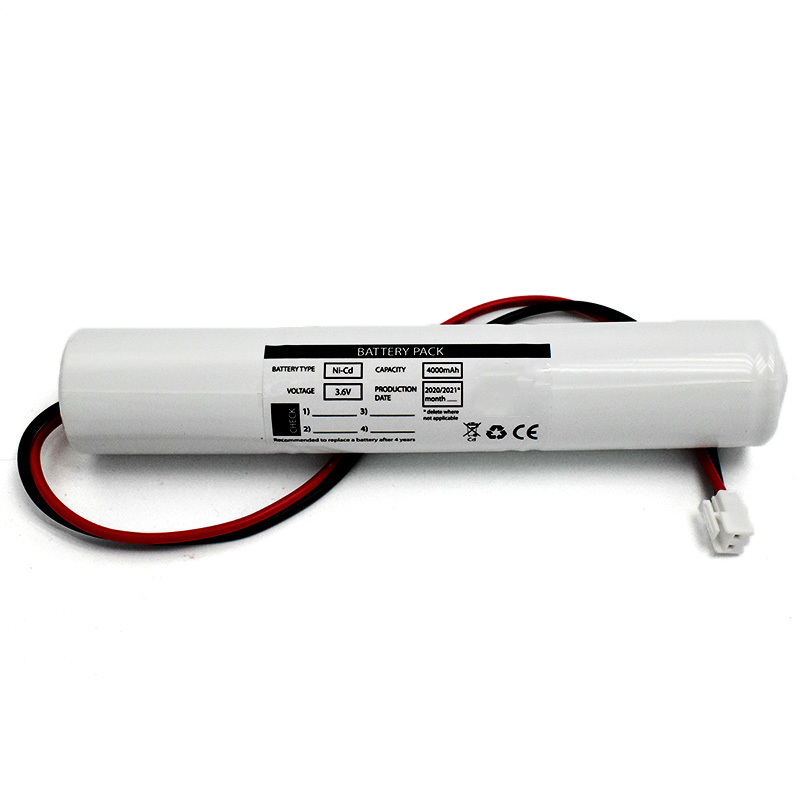 Ni-Cd Battery Pack D4000mAh 3.6V
Ni-Cd Battery Pack D4000mAh 3.6V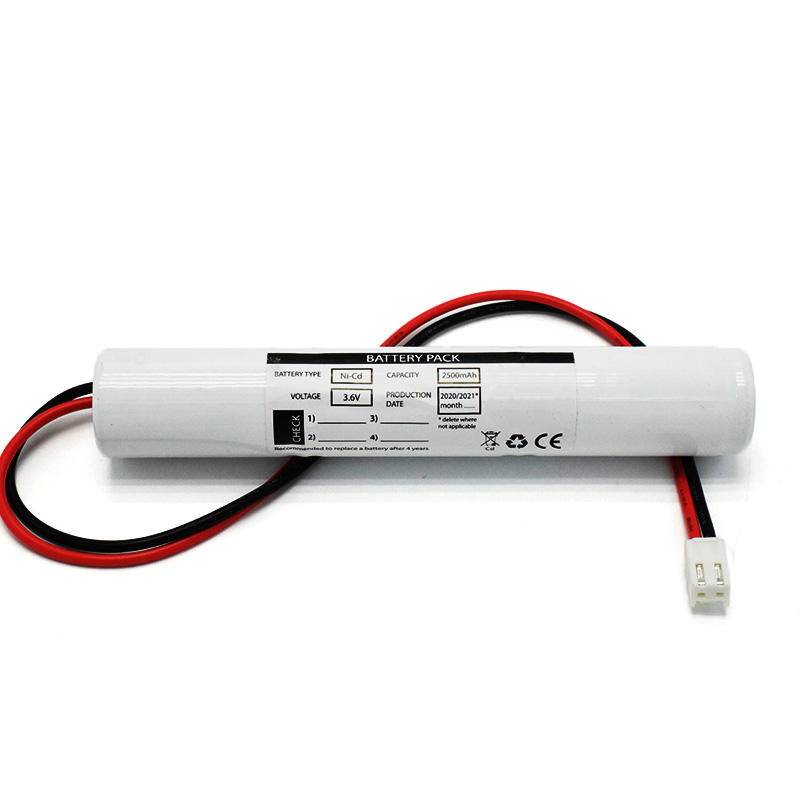 Ni-Cd Battery Pack C2500mAh 3.6V
Ni-Cd Battery Pack C2500mAh 3.6V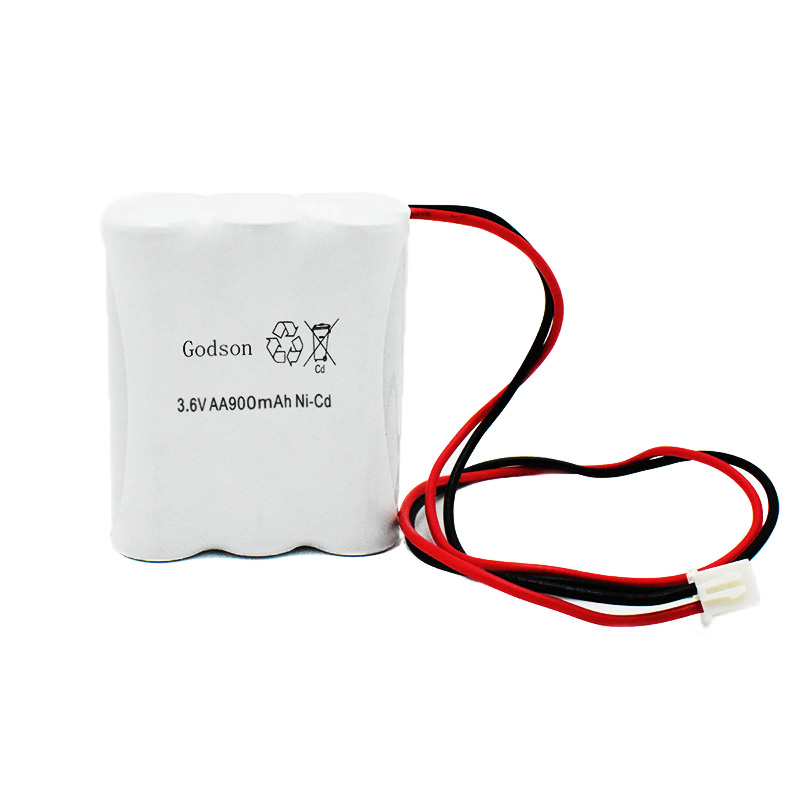 NICAD Battery Pack AA900mAh 3.6V
NICAD Battery Pack AA900mAh 3.6V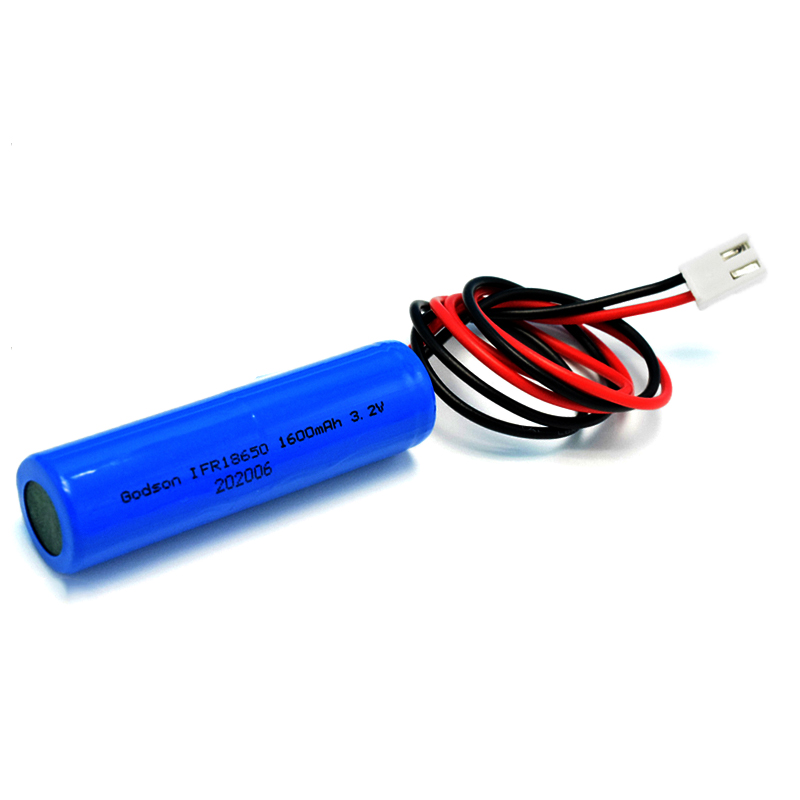 LiFePO4 IFR18650 1600mAh 3.2V
LiFePO4 IFR18650 1600mAh 3.2V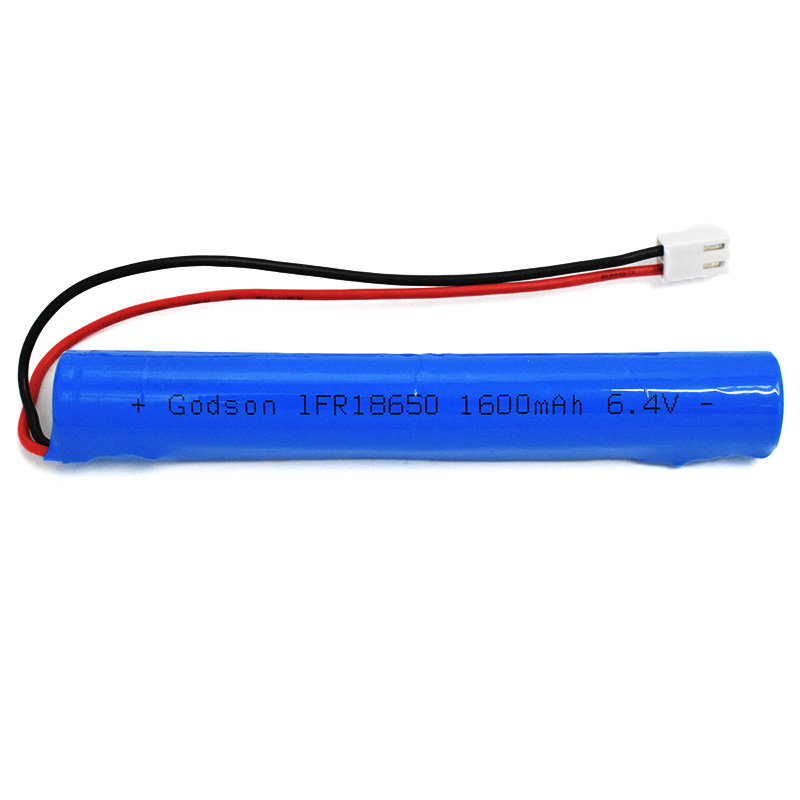 LiFePO4 IFR18650 1600mAh 6.4V
LiFePO4 IFR18650 1600mAh 6.4V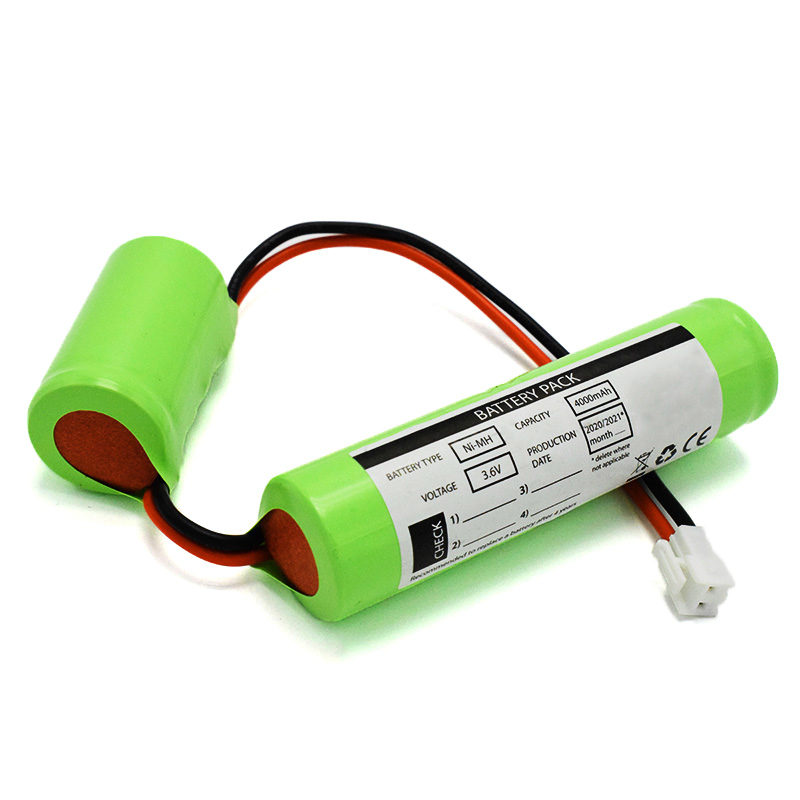 Ni-MH Battery C4000mAh 3.6V
Ni-MH Battery C4000mAh 3.6V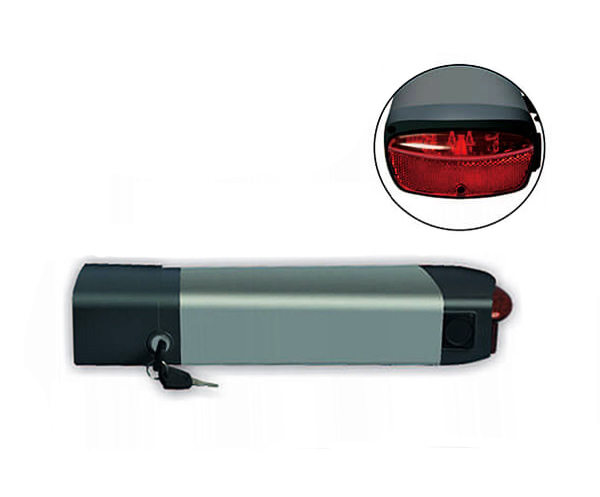 E-bike Battery 48V 10Ah JL-1
E-bike Battery 48V 10Ah JL-1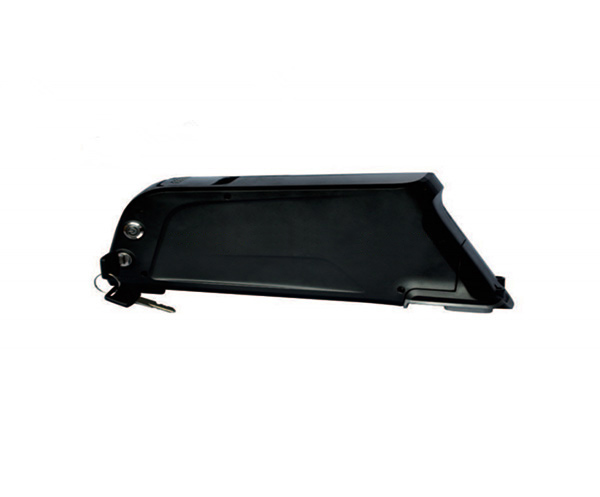 E-bike battery 48V 10Ah Qing Tian
E-bike battery 48V 10Ah Qing Tian